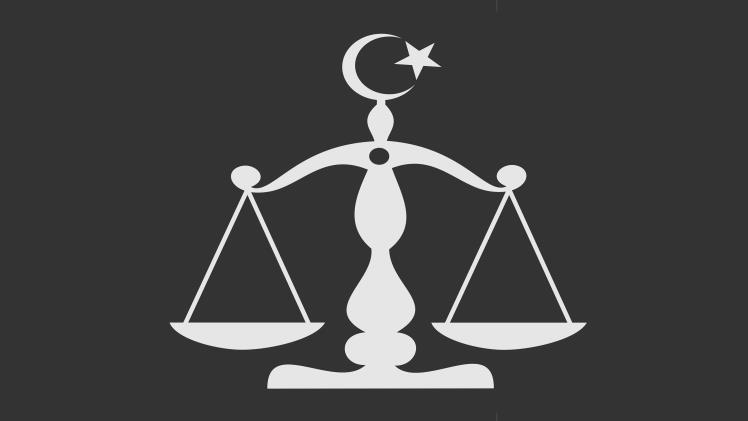Understanding Sharia Law

Sharia is the body of Islamic law derived from religious precepts and sacred scriptures. It also draws inspiration from thousands of sayings and practices attributed to Prophet Mohammed (PBUH). While some of these traditions have roots in other major Abrahamic religions such as Judaism or Christianity, they remain largely unique to Islam.
In Arabic, “Sharia” is a term meaning “correct path,” and it refers to divine guidance that Muslims must adhere to if they desire to live moral lives and grow closer to God. This law strives to preserve the sanctity of religion, life, and society alike.
Sharia, which is composed of words from the Quran and hadith, has many interpretations. Each school of Islamic law has its own method for deciphering these sources and producing rulings based on them. This process of legal interpretation is called fiqh and requires trained scholars to examine both texts closely in order to comprehend their significance.
visit for multiple topics news: Apkmirror4u and Travelvelly
It is essential to remember that Sharia can have different interpretations depending on where it applies and when it was written. This is because the law was revealed at a time when direct divine communication had ceased, leaving Muslim scholars to interpret how the words of the Quran and hadith would be applied.
This diversity in interpretations of the Quran and hadith has formed the Islamic legal system as we know it today, as well as given rise to various schools of thought within Islam which each have their own method for deriving rules that apply in specific situations.
Islamic law is one of the greatest sources of Islamic civilization, yet its application cannot be fully appreciated unless properly understood. The aim of understanding Sharia is not to force it upon people but rather to provide them with guidance about how they should behave and interact with others.
Though Sharia principles apply to most aspects of human behavior, there are some areas where they may not be easy to apply. For instance, Muslim support for divorced women is determined by laws from centuries past that had different regulations at that time; when people attempt to apply these principles in modern relationships, serious issues arise.
Though Muslim governments can implement legal systems based on Sharia principles, these systems come with their own challenges. Not only are they often difficult to implement and sustain, but they may also be restrictive in nature and restrict individual liberty. Furthermore, such structures create an atmosphere of alienation and distrust within communities which serves extremist interests.
Tajdid, which allows for modifications or elimination of practices under Sharia, encourages change and renewal among Muslim societies. While this is an admirable idea, many Muslim countries would go too far if they tried to apply the principles of Sharia across all aspects of their lives as law.
